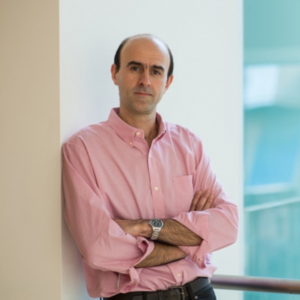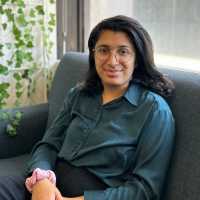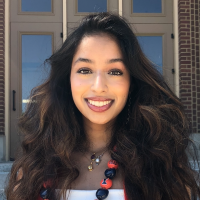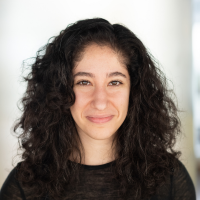Postdocs
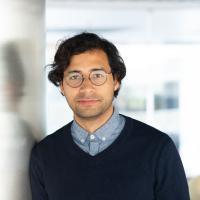
Sujaya Neupane, Ph.D
Sujay’s broad interest is in studying the computational principles underlying visual perception and cognition. He is specifically curious about the idea of an internal ‘cognitive map’ which is thought to be the basis of flexible behavior. He uses primate neurophysiology and computational modeling to study if and how such a map is interrogated during a cognitive task.
Sujay obtained his PhD from McGill University at the Montreal Neurological Institute where he studied the activity of visual neurons during eye-movement in primates.
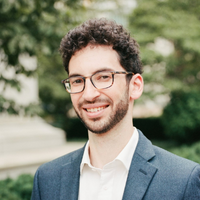
Gabriel Stine, Ph.D
Gabriel is interested in the computational principles that underlie cognitive processing and in the biological principles that govern how computation is achieved by neural circuits. His research is focused on cortical, subcortical, and cerebellar interactions during learning. Gabriel received his PhD from Columbia University where he studied the neurobiology of perceptual decision making.
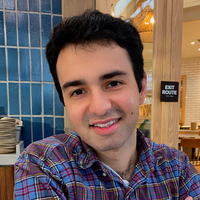
Aran Nayebi, Ph.D
Aran Nayebi is an ICoN Postdoctoral Fellow at MIT, currently working with Robert Yang and Mehrdad Jazayeri. He completed his Ph.D. in Neuroscience at Stanford University, co-advised by Dan Yamins and Surya Ganguli. His interests lie at the intersection of systems neuroscience and artificial intelligence, where he uses tools from deep learning and large-scale data analysis to reverse-engineer neural circuits. His long-term aim is to produce normative accounts of how the brain produces intelligent behavior and to build better artificial intelligence algorithms along the way.
Graduate Students
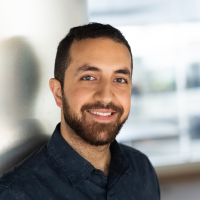
Mahdi Ramadan
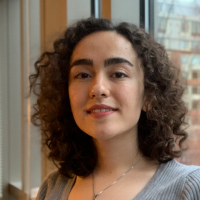
Setayesh Radkani
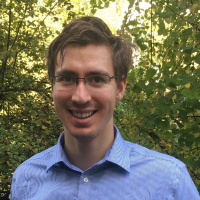
Nicholas Watters
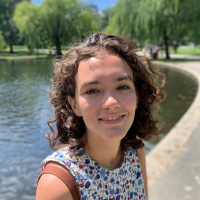
Aída Piccato
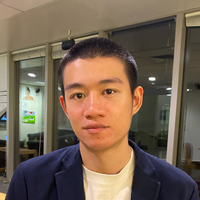
Cheng Tang

Hokyung Sung
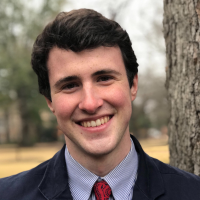
Jack Gabel
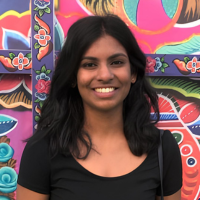
Meghana Potta
Lab Manager and Technical Associates
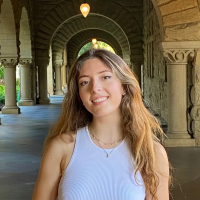
Adhara Martellini
Lab Manager
Adhara is broadly interested in the neural basis of cognition and the mechanisms that underlie complex and creative behaviors. She is also curious about innovative brain-interfacing technologies and about addressing questions at the intersection of philosophy of mind, computational modeling and neuroscience.
Victor de Lafuente
National Autonomous University of Mexico
Ila Fiete
Massachusetts Institute of Technology
Stefano Fusi
Columbia University Medical Center
Valerio Mante
University of Zurich
Srdjan Ostojic
École de Neurosciences Paris
Maneesh Sahani
University College London
Rebecca Saxe
Massachusetts Institute of Technology
Krishna Shenoy
Stanford University
David Sussillo
Stanford and Google AI
Josh Tenenbaum
Massachusetts Institute of Technology
Postdoctoral Research Supervised (primary supervisor)
Hansem Sohn, PhD (2015-2023)
Michael Yoo, PhD (2020-2022)
Rishi Rajalingham, PhD (2019-2022)
Egger, Seth, PhD (2013-2019)
Remington, Evan, PhD (2014-2019)
Wang, Jing, PhD (2013-2018)
Narain, Devika, PhD (2015-2017)
Aghdaee, Mehdi, PhD (2013)
PhD Students Supervised (primary supervisor)
Alexandra Ferguson (2023)
Eli Pollock (2022)
Morteza Sarafyazd (2021)
Nicolas Meirhaeghe (2021)
Visiting Members
Albert Qin, UROP Student (2023)
Olivia Gozel, Ph.D (2023)
Isabella Milanes, MSRP Summer Intern (2023)
Adam Gosztolai, Ph.D (2023)
Jason Li, , UROP Student (2022-2023)
Xiaomei Fan, SCGB Fellow (SURF Program) (2022)
Sandy Wang, SCGB Fellow (SURF Program) (2022)
Chisom Ume, SCGB Fellow (SURF Program) (2022)
Clara Melhem, SCGB Fellow (SURF Program) (2022)
Dagim Belete (2021)
Shadi Tasdighi Kalat (2019)
Xiang Li (2017)
Lucy Lai, CSNE (2016)
Elliot Nauert, MSTP CBMM (2015)
Vivian Liu, MSRP (2014)
Chau Vu, UROP, MIT (2013)
Staff
Jack Gabel (2021-2023)
T. Vincenza Parks (2016-2020)
Adam Akkad (2017-2020)
Eghbal Asl Hosseini (2015-2016)
Rossana Chung (2013-2018)

